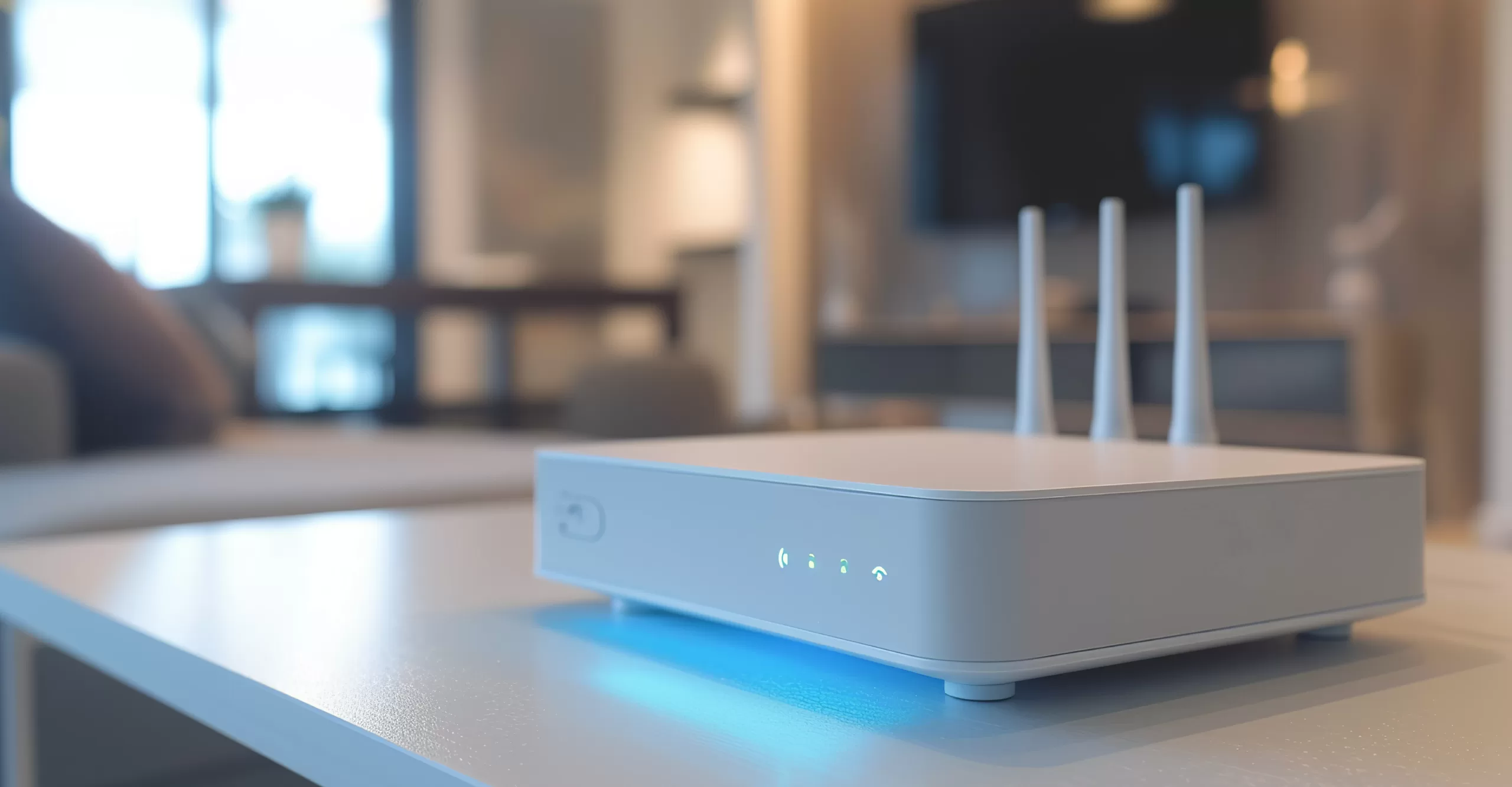Every year, millions of Americans are victimized by fraud cases that cost them, their banks, and the entire national economy billions of dollars. In 2022 alone, about 44 percent of credit card users reported having two or more fraudulent charges. As more and more people go online to handle their banking, as well as shop online, cybercriminals have developed increasingly creative ways of stealing money.
Furthermore, it’s predicted that in 2030, the total loss from credit card fraud will reach more than $49 billion. Understandably, fraud is a big concern for credit card companies and users as well. It’s important to know how to prevent credit card fraud with cybersecurity efforts. Here’s how.
Data Breaches: Exposing Your Privacy to Criminals
It’s probably happened to you at some point. You suddenly notice a charge on your credit card account that you didn’t make. It looks like someone has stolen your card – or at least your account number – and has been buying up a storm. There are many ways that someone could have gained access to your private information, whether you lost the card, it was actively taken, or there was a data breach that caused exposure of your information to cybercriminals.
What do you now? Well, first off, don’t panic. Call the credit card company right away and report the charges. While many systems will raise red flags with any transactions that seem out of place, it’s up to you to keep an eye on this and call the company at the first sign of a breach. Remember: you are liable for any unreported suspicious charges.
Tips For Preventing Credit Card Fraud
Cybercriminals are adept at exploiting areas of vulnerability to gain access to accounts that are not theirs. Once they get in, there’s really no stopping them until they are caught. Here’s what you can do to prevent that from happening in the first place.
1. Don’t Use Public Wifi if Possible
It’s tempting to use public wifi because it’s free and you can use it while engaging in other activities, such as eating a meal or even sitting in the dentist office waiting room. But don’t think you’re the only one using these free resources. Cybercriminals are always out there looking for their next victim, and this is where they can easily snag them. If you have no choice but to use public wifi, don’t share confidential information and don’t access bank or credit card accounts.
You may want to install a VPN or proxy server for an added layer of security, privacy, and anonymity.
2. Optimize Your Online Security
To beef up your security when spending time online, be sure to enable firewalls as well as install antivirus, anti-ransomware, or anti-malware. Don’t click on links in emails where you don’t know where or who they came from. And don’t share personal information online. Stay on top of updating your computer systems and software to close up security loopholes that can be exploited by hackers.
3. Use Strong Passwords and Multi-Factor Authentication
Many of us are guilty of using birthdays and anniversaries as our passwords. However, experts recommend strongly against doing this. Yes, it’s a pain to keep track of random passwords for every device and online company you visit. But in the end, a little bit of extra time at log-in can spell the difference between protection and exploitation.
Hackers use obvious combinations at first to get past the security system. Don’t make it easy for them. Here are some tips.
- Use a combination of letters, numbers, and symbols for your passwords.
- Go with long passwords rather than short ones.
- Include multi-factor authentication for an added layer of security.
- Update your passwords regularly.
- Don’t keep your passwords online or in a notebook.
4. Make Sure E-Commerce Websites Are Secure
Before doing any online shopping, make sure the websites you are using are safe. Here’s what to look for:
- Make sure the URL starts with HTTPS. The ‘S’ means it’s secure.
- Check for the lock symbol in the top left-hand corner of the URL box.
- Make sure you see trust badges on the site, which indicates that the e-commerce platform is doing all it can to stay safe.
- Only buy goods from reputable sites such as Amazon.
If you take nothing else away from this blog, remember this: Credit card fraud can happen to anybody. Falling prey to cybercriminals can be a devastating and invasive experience. Make sure you’re safe online and takes steps to keep cybercriminals at bay. Keep in mind that cybercriminals are constantly evolving their craft thanks to evolving technologies that make their hacking process much more effective. Don’t make it easy for them to invade your life.
Request a Quote From Cardinal Technology Solutions
We take cybersecurity seriously here at Cardinal Technology Solutions. Just ask the more than 160 clients we currently serve throughout Virginia, West Virginia, Maryland, and the District of Columbia. Get a free quote from Cardinal Technology Solutions and learn more about how you can avoid credit card fraud with cybersecurity, whether on a personal or a business level.





